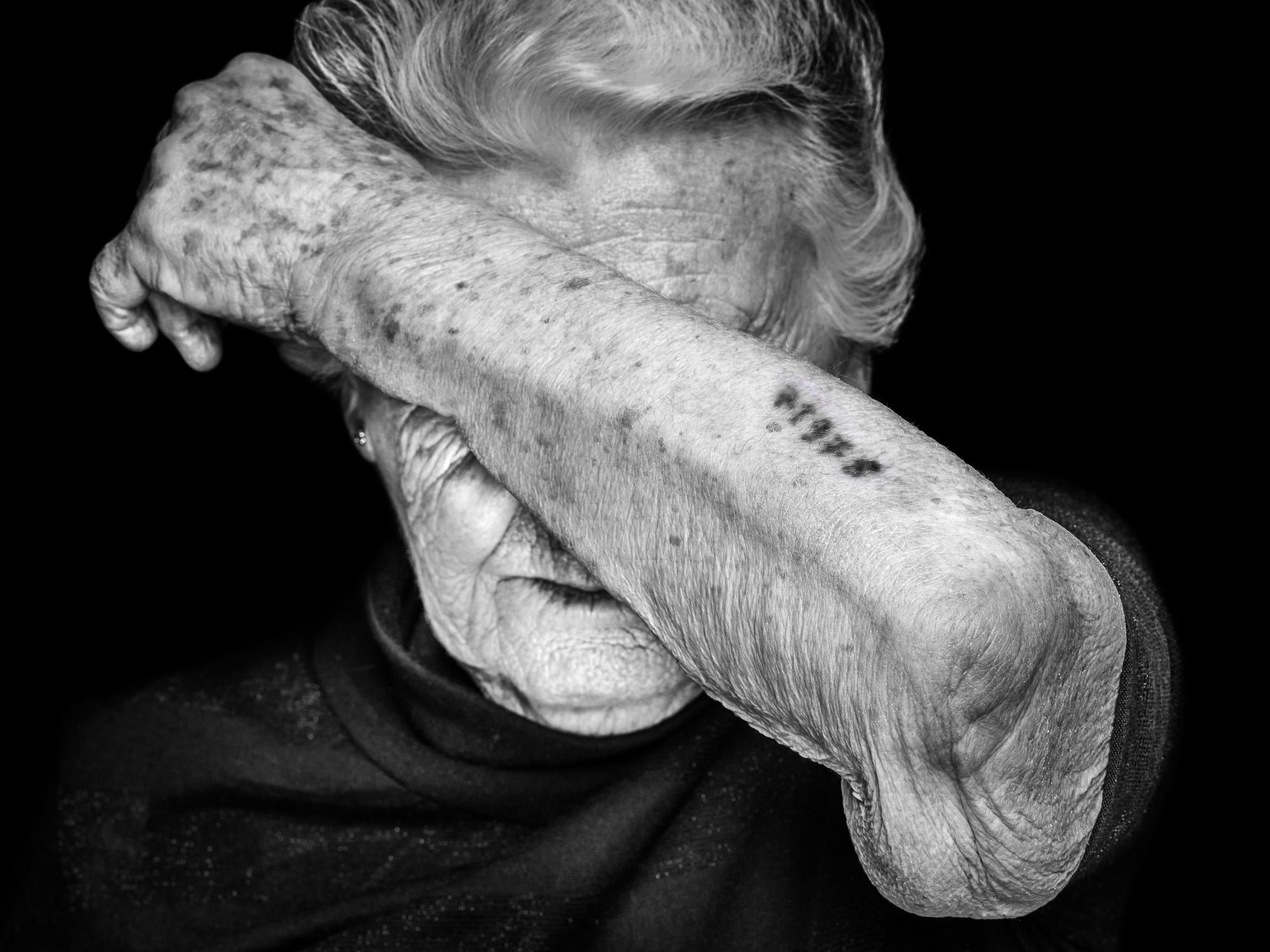
Holocaust survivor and activist Gábor Hirsch dies in Switzerland

The Hungary-born founder and former president of the Swiss Contact Point for Holocaust Survivors died on Thursday in Zurich at the age of 90.
His family announced his death in an obituary on Tuesday. Hirsch was born on December 9, 1929 in Békéscsaba, Hungary. When he was 14 years old, he was transported along with his mother and more than 3,000 Jews in a cattle car to the Auschwitz concentration camp in June 1944. He was separated from his mother, who later died in the camp.
Hirsch was sent to the gas chambers in October by the Nazis, along with 600 other Jews. His life was spared at the last minute when in an examination officers deemed him fit enough to work.
The Soviet Army eventually liberated the camp on January 27, 1945 and he reunited in Budapest with his father, who had been sent by the Nazis to a forced labour camp.
Hirsch immigrated to Switzerland in 1956 during the Hungarian revolution. Along with Otto Klein – another Holocaust survivor who was a twin experimented on by Josef Mengele – he founded the self-help group Swiss Contact Point for Holocaust Survivors (Kontaktstelle für Überlebende des Holocaust) in 1994. The objective of the association was to establish and promote relations between survivors, maintain contacts with foreign associations, lobby for compensation, raise awareness of racism, antisemitism and Holocaust deniers, reappraise the role of Switzerland in the Second World War and support members in documenting their past. The association was eventually dissolved in 2011.
“Be aware of and fight any indoctrination and any kind of discrimination, racism, antisemitism or other kind of exclusions,” was his message to future generations in a testimonyExternal link.

More
The last Swiss Holocaust survivors

In compliance with the JTI standards
More: SWI swissinfo.ch certified by the Journalism Trust Initiative


























You can find an overview of ongoing debates with our journalists here . Please join us!
If you want to start a conversation about a topic raised in this article or want to report factual errors, email us at english@swissinfo.ch.